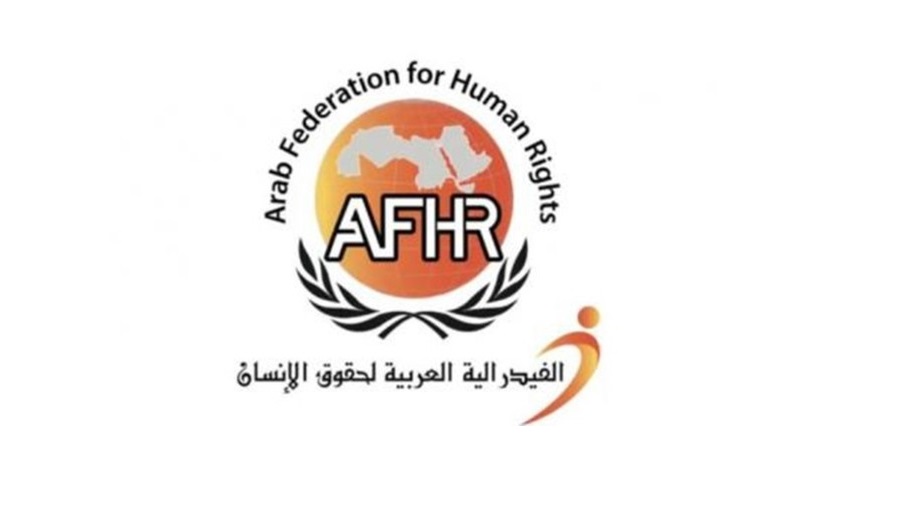Geneva- Arab Federation for Human Rights (AFHR) refuted allegations made by Qatar’s National Human Rights Commission about what it described as violations of Qatari rights and alleged violations of international law by regional countries.
The Federation, which includes more than 40 human rights organizations, bodies, and associations from around the Arab world, issued a report revealing evidence of human rights violations committed in Qatar.
The AFHR called for a UN review of the report, which was presented on Thursday by Chairman of AFHR Dr. Ahmed Hamli to Director of National Institutions, Civil Society Organizations and Technical Cooperation Vladlen Stefanov at the office of the United Nations High Commissioner for Human Rights.
The 24-page document refutes the allegations made by the Qatari National Human Rights Commission (NHRC) regarding the Saudi Arabia, United Arab Emirates and Bahrain imposed boycott on the country.
“The report is based on the study of international conventions, legislation, national regulations and ministerial decisions taken in Saudi Arabia, the UAE and Bahrain,” Hamli said after the report was delivered to the UN official.
Hamli expressed his surprise at the fact that the Qatari Committee has violated the most important principles of the work of national human rights committees, which is “to play a crucial role in supporting and monitoring the effective implementation of international human rights standards on the ground in the countries to which they belong.”
With regard to the insistence of the Qatari committee that the boycott is an illegal blockade, the report said that the boycott is radically different from a blockade.
Hamli explained that the boycott “is a cut off of diplomatic and economic relations by a state or group of countries with another country, a sovereign right in the event that the latter stirs up unrest and prejudice to the security and stability of the states.”
The Qatari human rights commission says the boycott has harmed Qatari citizens’ right to education, but the report warned that the right to education according to international charters is a human right for everyone in the country where they live.
“Therefore, the NHRC’s demand that the regional governments to provide education to Qatari citizens has no legal basis in international charters. The Qatari government has the obligation to provide education to its citizens and make it available to all,” he said.
The report also refuted Qatar’s allegations of violations of freedom of opinion and expression in the three states in terms of the attitude towards Doha and its policies.
Hamli stressed that a UAE Attorney General statement on June 7, cited by the Qatari Committee, was made as a warning to social users to not misuse the sites to harm the UAE and its leaders.
He added that the statements were also to warn users of complicity on social media with Qatari security services and support the approach the Qatari government chooses for extremist ideology and terrorism.
The report includes confessions of a Qatari intelligence officer Hamad Ali Mohammed al-Hammadi, 33, who was arrested in the UAE in 2015.
Hammadi, in his confessions, openly acknowledged the destructive role adopted by the Qatari government over the years to target the UAE and various countries in the region.
